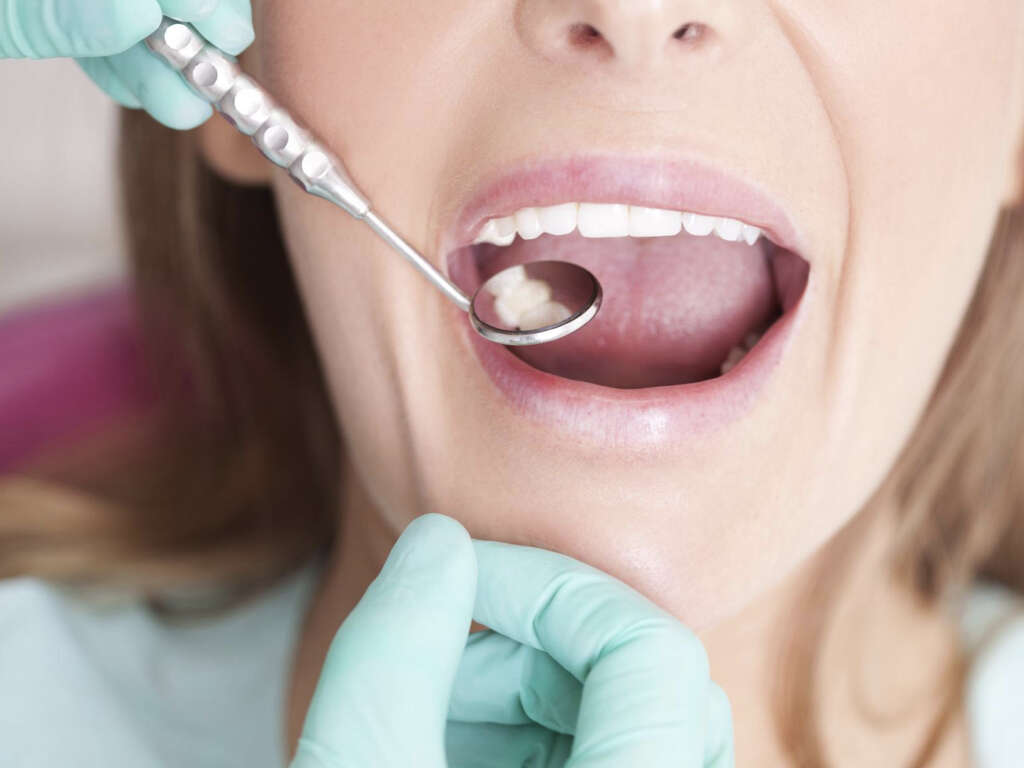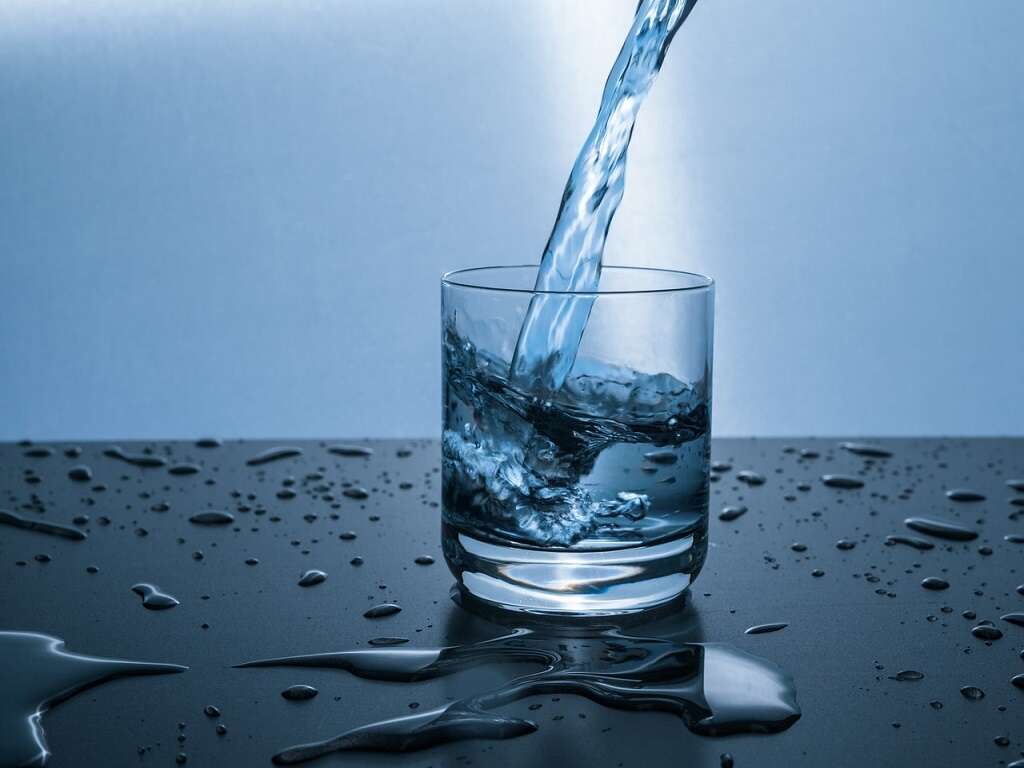10 Signs of Dehydration
Dehydration occurs when the body does not have enough water due to excessive loss or inadequate intake. It can cause issues such as the disruption of metabolic processes. Dehydration can be caused by disease, excessive exercise, or high environmental temperature.
Most individuals can tolerate about 3 to 4 percent of total body water loss without significant health effects. However, when the loss ranges from 5 to 8 percent, those affected can experience mild symptoms. With over 10 percent of total body water loss, there can be severe thirst and significant symptoms. Death may even occur when the loss is between 15 to 25 percent.
Dehydration can also result in hypernatremia. Due to larger body water content, younger children are more susceptible to dehydration.

Dehydration Sign #1: Dark Pee
Urine is the liquid by-product of animals and humans. It contains many by-products such as nitrogen, creatinine, uric acid, and urea, among others. Urination is a means for the body to expel these by-products. In normal situations, most urine is a light straw color.
However, when dehydration occurs, the urine becomes concentrated and the urine color appears dark. It is important to note changes in urine color as it can be caused by side effects such as medication and hematuria.
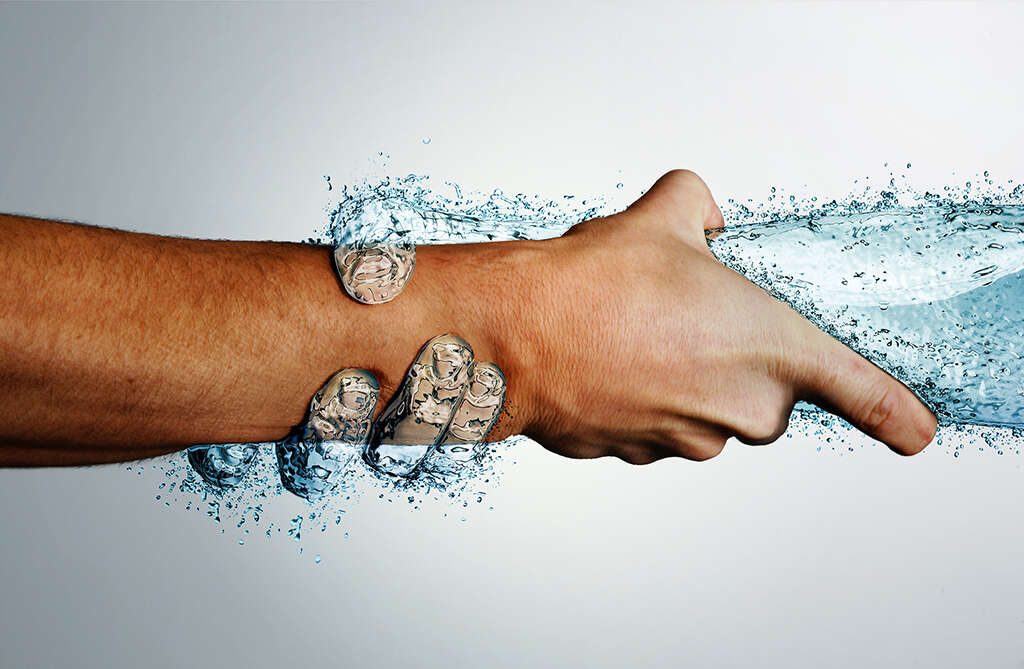
Dehydration Sign #2: Dry Skin
Dry skin is very common and can occur in individuals of all ages in different regions. Dry skin can also be known as xerosis and the use of moisturizer can help repair it. Dry skin is mostly caused by various environmental factors such as cold weather, hot weather, soaking in hot water, and low humidity.
Patients with dry skin should also avoid using drying and harsh soaps. Those with chronic dry skin may require evaluation from a dermatologist. Dry skin in dehydration can cause sunken eyes, skin dullness, increased lines or wrinkles, and itchiness.
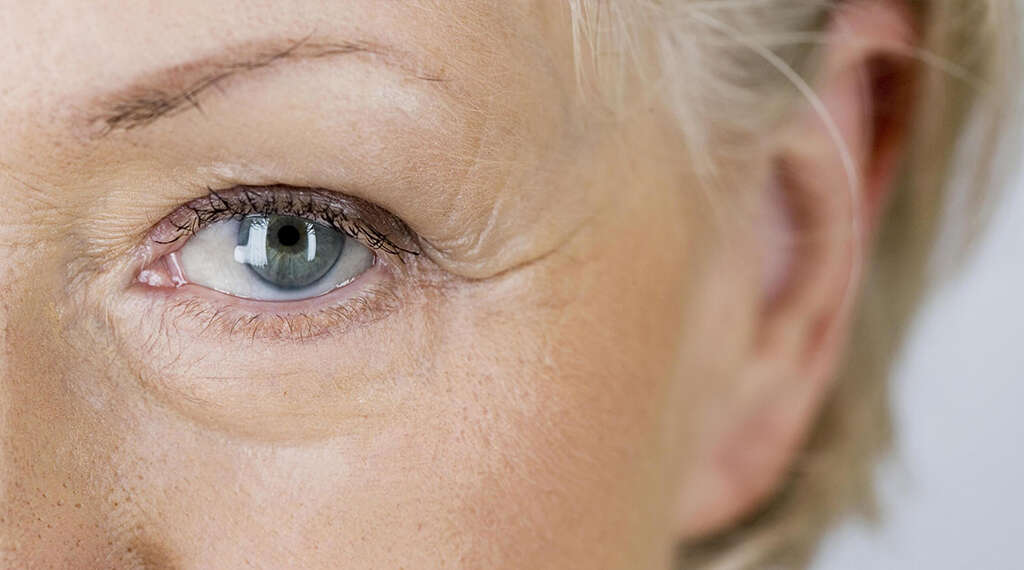
Dehydration Sign #3: Seizures
A seizure occurs when there is an abnormally excessive synchronous neuronal activity in the brain resulting in uncontrolled shaking movements and a momentary loss of consciousness. Most episodes usually last less than 2 minutes.
Besides excessive uncontrolled shaking movements, there can also be loss of bladder and bowel control. Seizures can occur in epilepsy, hypoglycemia, hyponatremia, brain infection, alcohol withdrawal, concussion, fever, brain infection, and dehydration.

Dehydration Sign #4: Tachypnea
Tachypnea refers to abnormally rapid breathing. In normal cases, the respiratory rate ranges from 12 to 20 breaths per minute. Tachypnea occurs when the respiratory rate is more than 20 breaths per minute.
Tachypnea can occur in sepsis, carbon monoxide poisoning, metabolic acidosis, pneumonia, allergy causing airway edema, asthma, pulmonary embolism, chronic obstructive pulmonary disorder, heart failure, foreign body aspiration, and dehydrations. An abnormal respiratory pattern is one of the most reliable clinical signs of dehydration especially among children.

Dehydration Sign #5: Delayed Skin Turgor
Skin turgor refers to the elasticity of the skin where the skin is able to change shape and return back to its original form. Delayed skin turgor is a sign of dehydration which can be caused by excessive vomiting, diarrhea, or inadequate fluid intake. It is important to note that young children and infants can rapidly lose fluids causing dehydration.
Those with fever also have a higher likelihood of dehydration. Skin turgor can be examined by grasping the skin between two fingers to tent it. After a few seconds, the skin is released. In normal causes, the skin snaps back to the normal position. In dehydration, the skin takes more time to return back to normal.

Dehydration Sign #6: Sunken Eyes
The skin under the eyes are especially delicate. The eyes can sometimes appear sunken, dark, and hollow. Sunken eyes can be seen in those without adequate sleep, aging, medical disorders, dramatic weight loss, genetics, or dehydration.
Sunken eyes can give a dark shadow under the eyes, thin skin under the eyes, and cause an overall fatigued or tired look in the face. Sunken eyes are more commonly seen among those in their late 30s or older. Sunken eyes in children is almost nearly always a sign of dehydration.
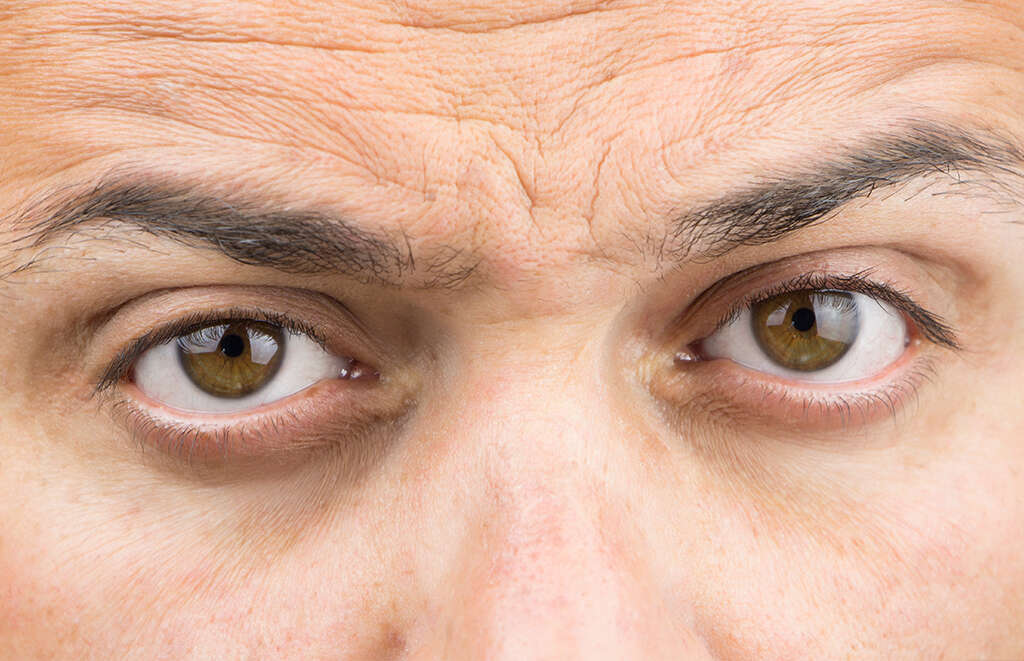
Dehydration Sign #7: Somnolence
Somnolence refers to a state of drowsiness or sleepiness. It is a strong desire for sleep or a long period or sleep. Somnolence can be a symptom of several health issues and can be accompanied by lack of mental agility, lethargy, or weakness.
Somnolence can occur in those with insomnia, sleep apnea, and narcolepsy. It can also occur in disorders such as meningitis, hypothyroidism, hyponatremia, concussion, brain tumor, skull fractures, head injury, concussion, diabetes, fibromyalgia, sleeping sickness, and side effect of medications. Diagnostic tests such as the Epworth Sleepiness Scale can be used to help determine the likely cause and severity of the somnolence.

Dehydration Sign #8: Confusion and Irritability
Confusion refers to the state of being unclear or bewildered. In medicine, confusion occurs when there is an inability to place oneself in the world in the right location, time, identity, and there is a loss of orientation. It is also often called delirium and can be seen in disorders such as dementia, anemia, anxiety, brain tumor, concussion, dehydration, depression, brain injury, hypothermia, kidney failure, meningitis, schizophrenia, and stroke.
Irritability is often a term used to describe the tendency for frustration or anger. It is a state that can be easily seen in pressured or stressful situations. Both confusion and irritability are signs of dehydration.

Dehydration Sign #9: Syncope
Syncope, or fainting, occurs when there is loss of consciousness and muscle strength that is sudden with a spontaneous recovery. Some associated symptoms may occur before syncope such as nausea, vomiting, sweating, pallor, and blurry vision.
The causes of syncope include an abnormal heart rhythm, abnormal heart valve dehydration, infection, seizure, stroke, low blood oxygen, hypoglycemia, and concussion. Syncope is more common among the elderly and females accounting for 1 to 3 percent of emergency department visits and admissions.

Dehydration Sign #10: Weakness
Weakness or asthenia is a symptom that can be seen in several different conditions. Weakness can be divided into true or perceived muscle weakness.
True weakness can be seen in skeletal muscle diseases such as inflammatory myopathy, muscular dystrophy, and neuromuscular junction disorders like myasthenia gravis. Perceived weakness occurs when the affected individual feels that there is more effort required than normal to exert a given amount of force. This can be seen in cases such as chronic fatigue syndrome.






